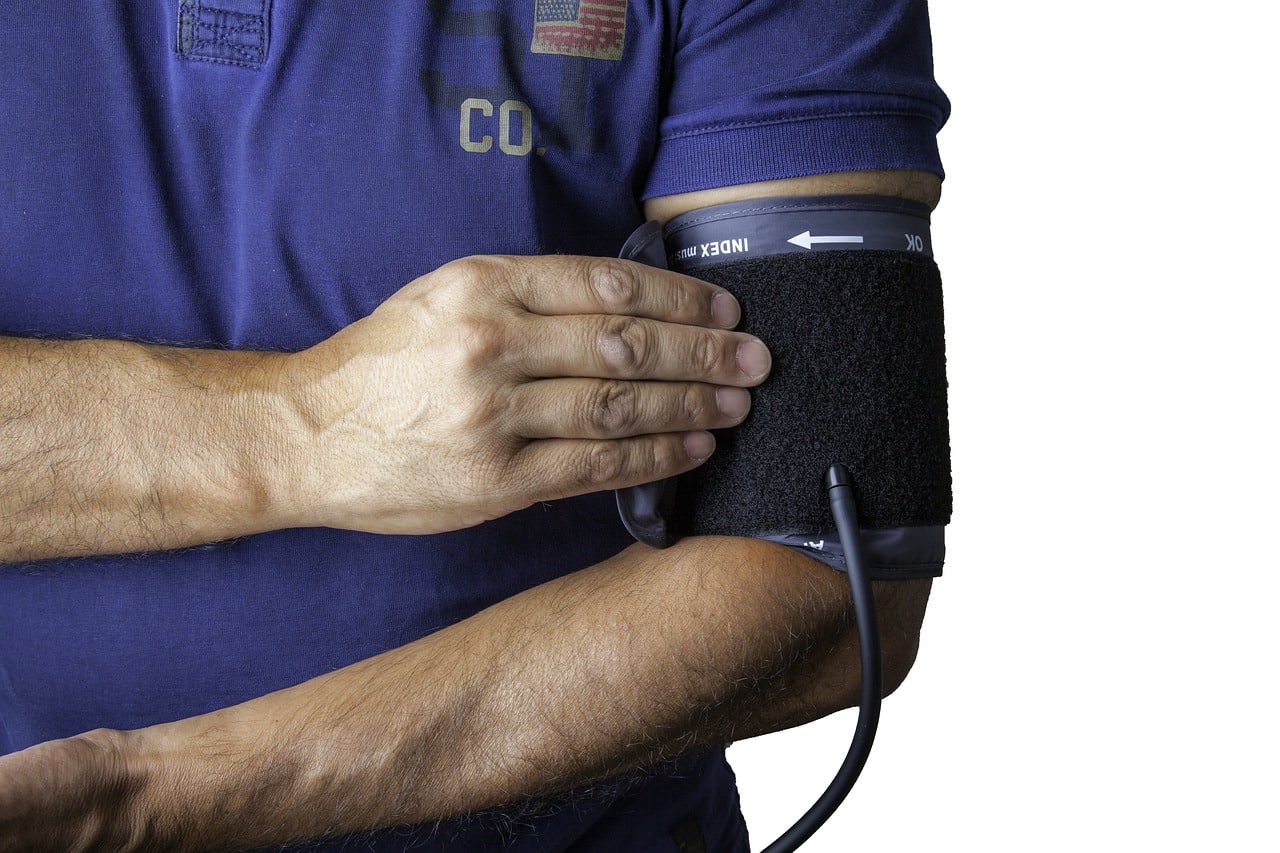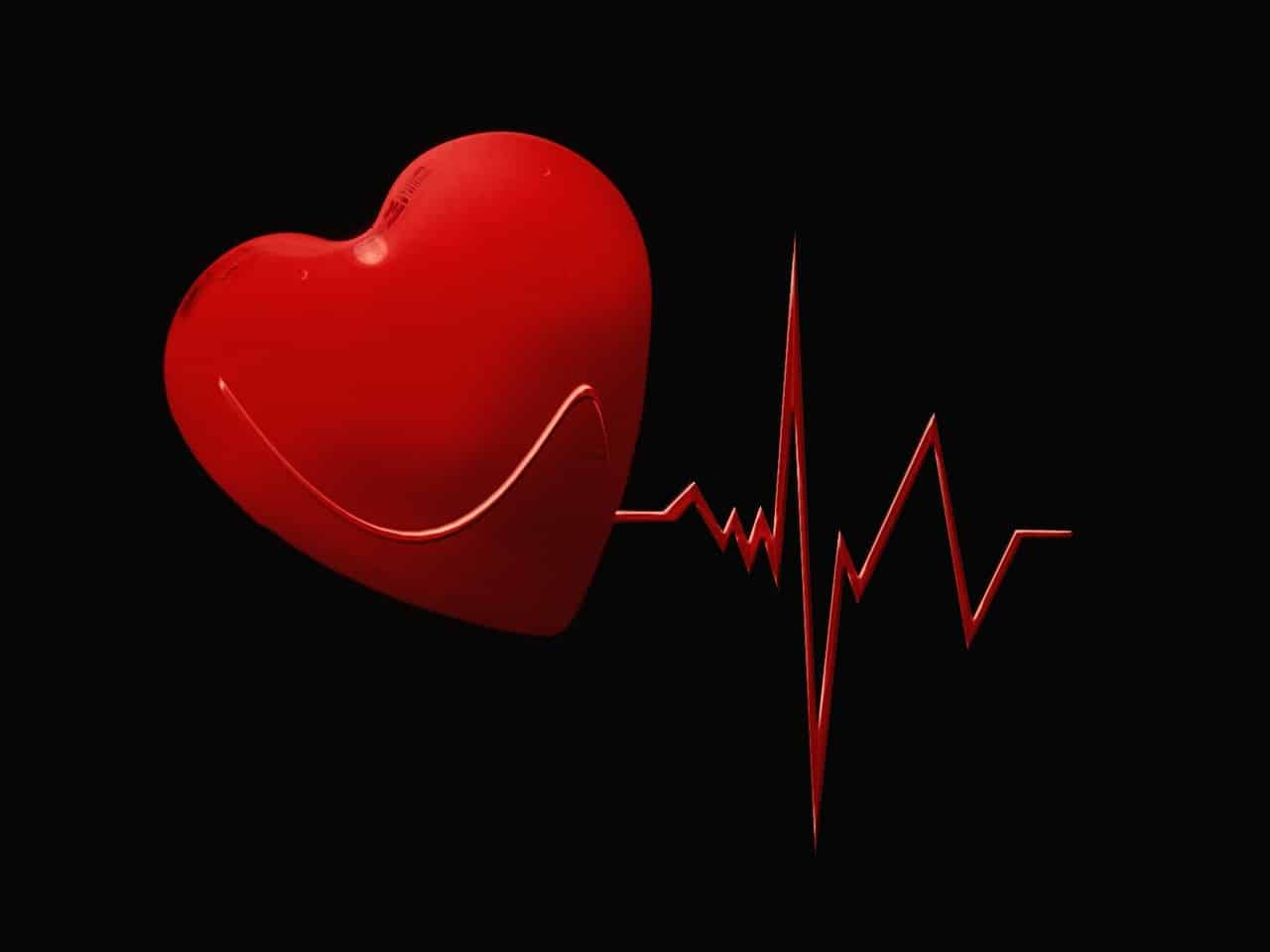
Blood pressure is the force exerted by blood in its circulation through the body.
Blood pressure is the force exerted by blood as it circulates through the body . The concept is usually used as a synonym for blood pressure , although this idea specifically refers to the reaction exhibited by the arteries to said pressure.
It should be noted that pressure is a term that derives from the Latin pressio and refers to the action and effect of compressing or squeezing . This verb, for its part, is associated with adjusting, oppressing, narrowing or crowding something. Pressure, therefore, can be a force that is exerted on something.
Arterial , meanwhile, is what belongs to or relates to the arteries . These are the vessels or conduits that carry blood from the heart to the rest of the body, fulfilling the reverse task of the veins (which move blood from the capillaries to the heart).
Types of blood pressure
Thanks to blood pressure, blood circulates through the blood vessels and brings nutrients and oxygen to the organs . It is possible to distinguish between systolic blood pressure (the maximum value of blood pressure when the heart contracts) and diastolic blood pressure (the minimum value of blood pressure when the heart expands). Pulse pressure is the difference between both pressures (systolic and diastolic).
Blood pressure can be measured with an automatic blood pressure monitor or with the joint action of a stethoscope and a sphygmomanometer . The patient must be relaxed so that the measurement yields results that can be analyzed by the doctor according to the parameters considered normal (between 90/60 and 120/80 mmHg).

Controlling blood pressure contributes to heart health.
Tips to control it
In many countries, high blood pressure is one of the most common problems, and the most worrying thing is that the majority of those who suffer from it detect it too late. As if this were not enough, if it is not treated in time, it can cause brain or myocardial infarctions , among other serious consequences.
Despite being a silent problem, high blood pressure can be prevented through the adoption of healthy habits, some of which are detailed below:
- Reduce sodium consumption : this is one of the fundamental points to keep blood pressure at acceptable values and can be achieved by eating fresh foods daily (that is, avoiding canned food) and avoiding salt, or not abusing it. . Likewise, if you cannot avoid buying pre-cooked foods, make sure that they indicate their salt level and that it is low.
- Exercise : It never hurts to do physical activities, since they help us in many ways and give us the vitality we need to face our daily lives with energy. In this particular case, exercise helps prevent heart attacks and certain diseases. It is recommended to work the body at least half an hour daily, once every two days.
- Take care of your body weight : another issue that always arises in relation to health is being overweight , since it causes a series of damages that have nothing to do with aesthetics. If excess weight is concentrated in the waist area, the risk of suffering from high blood pressure is greater.
- Do not consume a lot of alcohol : the consequences of the abuse of alcoholic beverages are public knowledge, but many seem not to be aware that it is not necessary to reach alcoholism to cause serious damage to the body. To prevent blood pressure from rising, it is necessary not to drink too much or too frequently.
- Eat a healthy diet : the secret to a healthy life lies in eating fruits and vegetables, avoiding very sugary sweets and saturated fats. Finally, potassium is ideal for heart function and can be obtained through mushrooms, broccoli, avocado, dried fruits, kiwi and banana, among other products.
